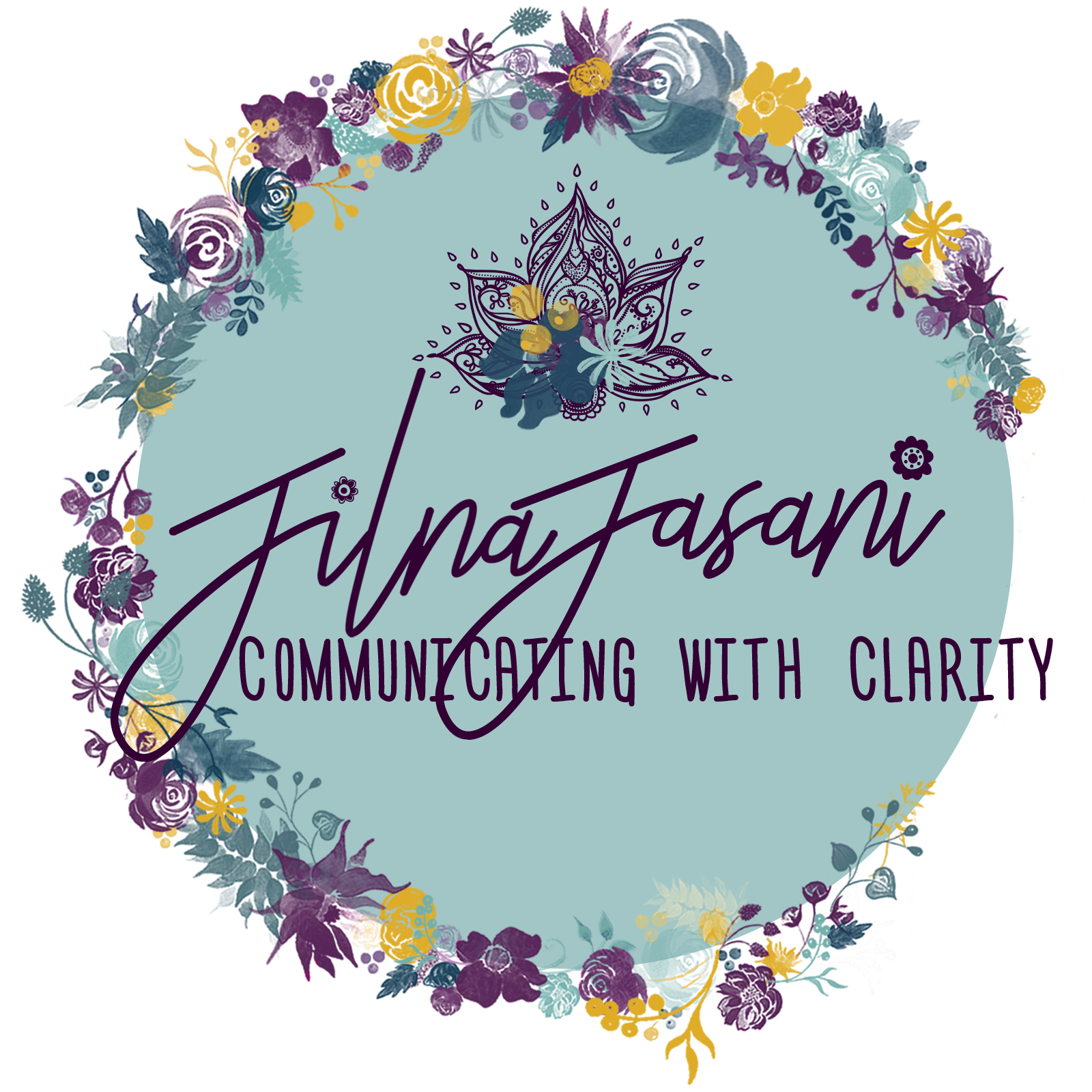
My Rock Bottom

When I hit my rock bottom I felt it. I knew it. Today I’m sharing a part of that story. But, before I do, I want to remind you that healing is a journey.
The last time we met, we talked about the truth behind our triggers.
A lot of things may come up as you explore a new way of seeing triggers: feelings, thought patterns, and bodily sensations.There will be times where you feel at ease and invigorated by the truth that arises, and there will be times where you feel challenged.

It’s okay to feel these emotions. Be gentle with yourself. This is new information, and anything new can feel challenging to overcome.
You are learning to understand who you are by listening to what your inner child needs. You are learning to re-parent a part of you that was created unknowingly. You are learning to reconnect with yourself by feeling into your body where the emotions feel trapped, while simultaneously learning how to stay present without being hijacked by the past.
This is the route to healing. It’s a sacred journey, where you must have compassion for yourself.
Albert Einstein said that pain cannot be resolved at the same level of thought that created it. What happened in the past can’t be undone. However, how we choose to perceive the future is in our control. How we claim our true self back is within our power.
The healing journey reveals that underneath all the beliefs and ways of thinking, there is a whole person who is free and curious about the world around them. When we understand this, we understand that we have nothing to control, fix, or manage. Therefore, we are also able to understand that our children are whole, curious, self-expressed, and complete.
Curiosity has the power to transform us to our core if we allow the triggers to lead us. These triggers are asking us to be curious. We intuitively know something feels off; the trigger is a consistent reminder from the subconscious mind because it wants us to revive our true self.
Allow me to share a personal story.

We enrolled Jian in preschool at 18 months. I had a choice to keep him home with me, but I was already knee-deep in culture’s conditioning around “socializing children with their peers from a young age.” So off I went and enrolled him in a Montessori program, thinking that this self-led program would help (1) nurture his needs for love and understanding and (2) soothe my anxiety around socializing him.
He resisted with all his might from Day 1, hysterically crying and flailing his arms and legs, hoping we would see that he wasn’t ready, while the teachers of the school tried to console my nerves (but in hindsight completely hijacked my inner child), with how “normal” his behavior was and that with practice he would adjust.
I was left with mixed thoughts of:
“I’m scared.”
“He needs to socialize.”
“Am I doing the right thing?”
“What if he ends up hating me for this?”
“I’m hurting him.”
“I’m hurting.”
As time went on, he began to manifest social and separation anxiety. Furthermore, I began to notice my forceful behavior of sending him to school every day, resulting in his resentment towards me. He began to favor Jigar over me.
Jigar became his first choice, no matter what! He screamed and wailed when I fed him. He hit and bit me constantly. The emotional pain I experienced became unbearable.
A child who has been forced into doing or saying something that feels unnatural to them, by an adult who is fearful of their own ego self, will experience a loss of their true self.
This loss creates egoic thought patterns in children such as:
“I’m in danger.”
“I can’t trust this person.”
“They won’t believe me.”
“Is something wrong with me?”
“Maybe it’s my fault.”
“They don’t like me.”
When these thoughts are left unprocessed, an emotion is created. On a physical level, the emotions come and go, but they create triggers in our body that create discomfort or become physically painful.
My asthma flared, while Jian started to experience stomach aches.
I started to eat more, while Jian started to eat less.
I had intense outbursts of anger, while Jian began to bite his nails.
I became addicted to working, while Jian began to resist rest and sleep.
In the turbulence of experiencing my triggers and witnessing Jian’s, I hit rock bottom and began to seek deeper answers.
I learned how to sit with my feelings and watch my thoughts. I learned how to practice not attaching to the way I was taught to think about things and to explore how my inner child may have perceived situations.
I began to ask myself all sorts of questions, like:
Why is this parenting experience so hard?
Why is it so hard for me to express myself?
Why doesn’t Jian see my purest intentions?
Why am I so angry?
Why is Jian so sensitive?
Why do I feel the need to force him to socialize at 18 months?
Who would he be if he didn’t socialize?
This curiosity led me to enter into a journey back to myself. It revealed to me how judgmental my ego mind was. How trapped and confined my thoughts were. Most things in my life seemed to have predefined, absolute truths, such as:
I turned out fine. I’ll follow what my mom says. She knows.
People don’t understand me.
Jian is too young to understand what he needs.
I’m angry because no one listens or cares.
Jian is so sensitive. I can teach him how to be strong.
I’m not forcing him. I’m doing what’s best for him.
If he doesn’t socialize, he will become lonely.
And when I thought about these ideas a little more deeply, I realized I didn’t even agree with them. They didn’t feel like the truth at all. They didn’t represent who I really am.
Like me, you intuitively know something in your life feels off. You’re acting in a way that doesn’t exactly align with how you want to act. This creates anxiety in you.
So you wonder where the disconnect is. Who’s right? Your intuition and how you want to act, or how you think you should act?

Understanding the gap between your intuition and your thoughts will help you bridge that gap. In bridging the gap, you’ll learn what your truth is, and you’ll learn who you are. And you’ll dissolve the anxiety, leaving you acting in ways that align you to your truth.
Give it a try. Use the prompts below to help you deconstruct your own values:
A recurring thought that gives me anxiety is …?
Is my thought true?
Is it 100% true?
How do I react when I believe that thought?
Who would I be without that thought?
Turn the thought around. Does it resonate? Can I find examples of where this thought is not true?

